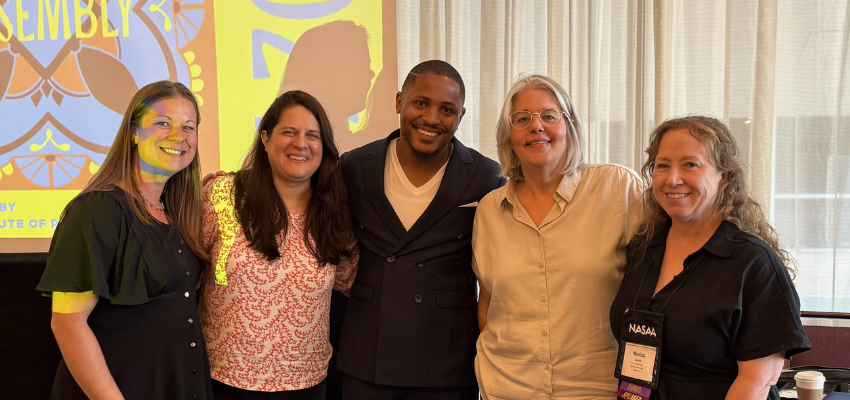“How do we, not just advocate for money going to the artist, but how do we support the whole artist? How do we support affordable housing, affordable healthcare, how do we think about providing access to resources and information? How do we think about funding actual opportunities for rest? Because artists need time to rest, regroup, and strategize to create their art.”
Deonté Griffin-Quick speaks eloquently about the future of aiding artists. As solitary as the life of an artist can feel, there are opportunities available for assistance and Griffin-Quick has dedicated himself to advocating for that aid and for expanding it.
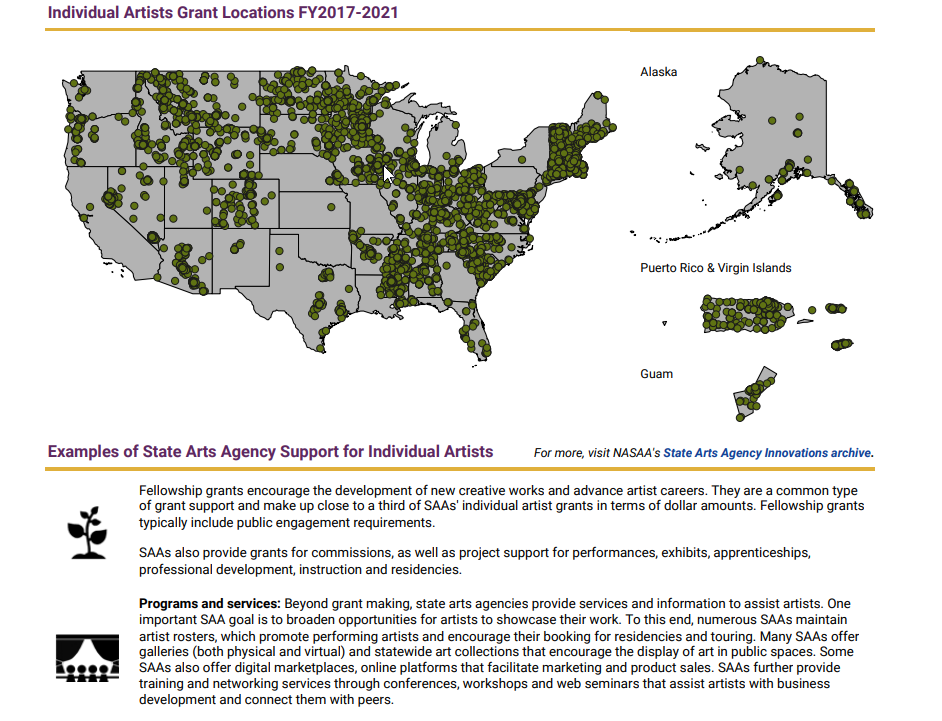 A New Jersey native, a nationally recognized, award-winning actor, and arts administrator, Griffin-Quick is also a consultant with a proven track record of envisioning and implementing change at the local, regional and national levels. Griffin-Quick boasts an impressive resume. He previously served as director of programs and services at New Jersey Theatre Alliance, where he built lasting partnerships, led statewide initiatives, and oversaw programming to support the cultivation of 42 professional theatre companies. In an effort to connect, empower and cultivate other arts and cultural leaders of color, in 2019 Griffin-Quick developed and spearheaded the New Jersey Arts and Culture Administrators of Color Network. He is also a recipient of the inaugural Individual Diversity, Equity and Inclusion Award from the National Assembly of State Arts Agencies and the Discover Jersey Arts Leadership Award from the ArtPride New Jersey Foundation.
A New Jersey native, a nationally recognized, award-winning actor, and arts administrator, Griffin-Quick is also a consultant with a proven track record of envisioning and implementing change at the local, regional and national levels. Griffin-Quick boasts an impressive resume. He previously served as director of programs and services at New Jersey Theatre Alliance, where he built lasting partnerships, led statewide initiatives, and oversaw programming to support the cultivation of 42 professional theatre companies. In an effort to connect, empower and cultivate other arts and cultural leaders of color, in 2019 Griffin-Quick developed and spearheaded the New Jersey Arts and Culture Administrators of Color Network. He is also a recipient of the inaugural Individual Diversity, Equity and Inclusion Award from the National Assembly of State Arts Agencies and the Discover Jersey Arts Leadership Award from the ArtPride New Jersey Foundation.
His work led him to The National Assembly of State Arts Agencies (NASAA), which specializes in grantmaking, research, and advocacy focused on strengthening the nation’s 56 state and jurisdictional arts agencies. This past October, the NASAA Assembly convened in Puerto Rico, which is a four-day conference offering a full array of sessions designed to educate arts agencies across the U.S.A. in these areas and more. Griffin-Quick was a speaker on the panel, State Arts Agency Strategies for Addressing Artists’ Needs.
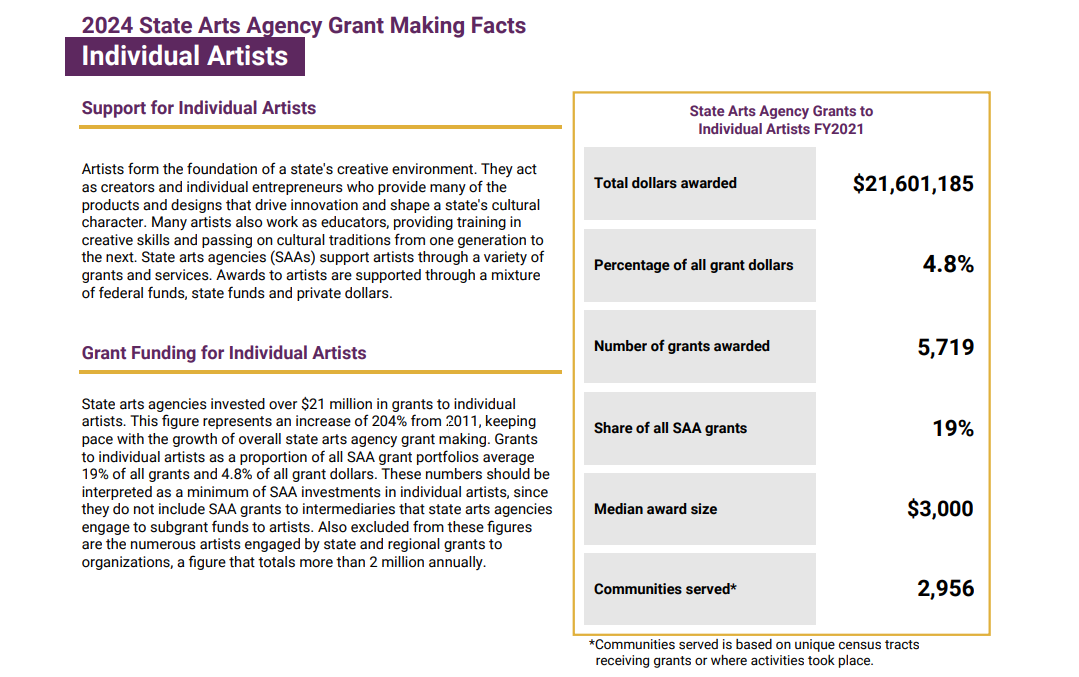 Fellow SAA panelists included Lindsay Dandeo and Diane Felcyn, Program Officers at the New Jersey State Council on the Arts, Scott-Fitts, Deputy Director of the South Carolina Arts Commission, Monica Grable, Arts Education Director of the Montana Arts Council, and Diane Scott, the director of Artist Services at the Mid-America Arts Alliance. The group spoke about their current strategies for addressing artists’ needs in their respective states and how agencies might adapt to the evolving landscape.
Fellow SAA panelists included Lindsay Dandeo and Diane Felcyn, Program Officers at the New Jersey State Council on the Arts, Scott-Fitts, Deputy Director of the South Carolina Arts Commission, Monica Grable, Arts Education Director of the Montana Arts Council, and Diane Scott, the director of Artist Services at the Mid-America Arts Alliance. The group spoke about their current strategies for addressing artists’ needs in their respective states and how agencies might adapt to the evolving landscape.
Griffin-Quick emphasizes the importance of partnership and collaboration between arts agencies and other service organizations that would allow for the support of individual needs, such as healthcare, housing, and more. Much of my conversation with Griffin-Quick revolves around the idea that there is more to individual artist support than simply providing the funds to create. He stresses that centering equity in the work to support artists is pivotal, and is boldly asking the field what it may cost us, as a society, if we do not support our artists in meaningful and sustainable ways:
“If we think about art as being the center of artmaking and creative placemaking, at the core of our sector, in our field, we also have to think about how we center them [artists] and center equity What do we potentially lose if we overlook this community?”
Spending much of our interview speaking about the advocacy work behind the scenes, it is important to acknowledge the reason for the work: the artists themselves. “We have to consider artists at the center of our work. The days are over where we can have these industry conferences and not have artists in the room. I commend ArtPride New Jersey because during our last Thrive Arts Conference, there was an intentional effort to invite teaching artists. This is one of the major things I want people to consider - centering and supporting artists.”
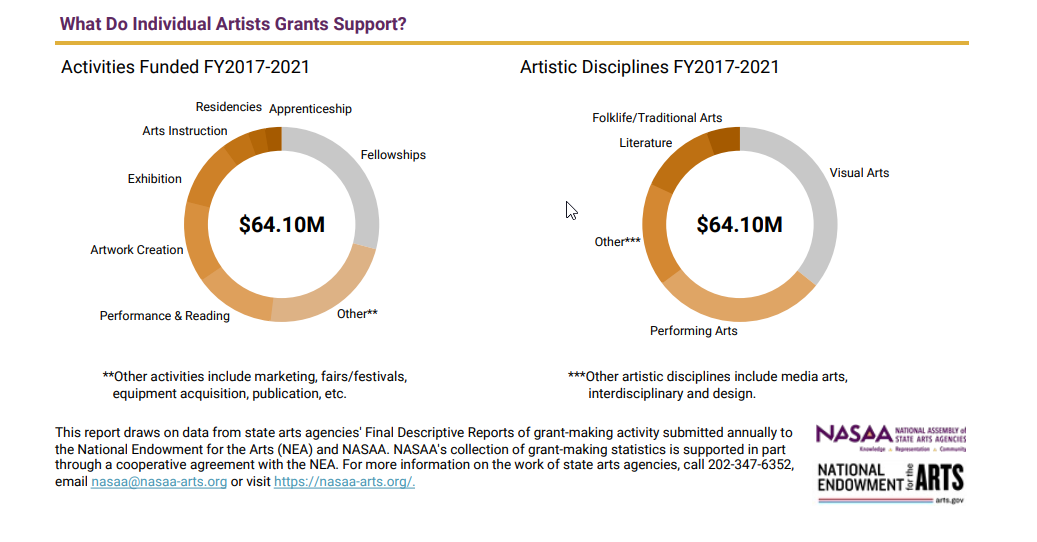
While the panel touched on the business of being an artist, looking at for-profit business models as a potential guide for artists, Griffin-Quick acknowledges that there are more expectations of artists now than ever before. “There is a demand on artists to have work that the consumer can engage with, whether that is through their e-commerce, social media, or their digital platforms as well. There’s a lot of consideration for how to meet the need and demand for the art with actually building capacity for the artist to create their work and make a living doing it professionally.”
It all comes down to opportunity. Artists are tasked with the responsibility of relying on themselves to create, profit, and survive. Griffin-Quick’s message is that they don’t have to, nor should they do it alone. He encourages artists to connect with the New Jersey State Council on the Arts if they are looking to garner opportunities for assistance. The Council has partnered with the New Jersey Business Action Center on two workshops for their workshop series, The Business of Being an Artist. This free professional development series is open to any artist, teaching artist, or folk artist who lives and/or works in the state of New Jersey.
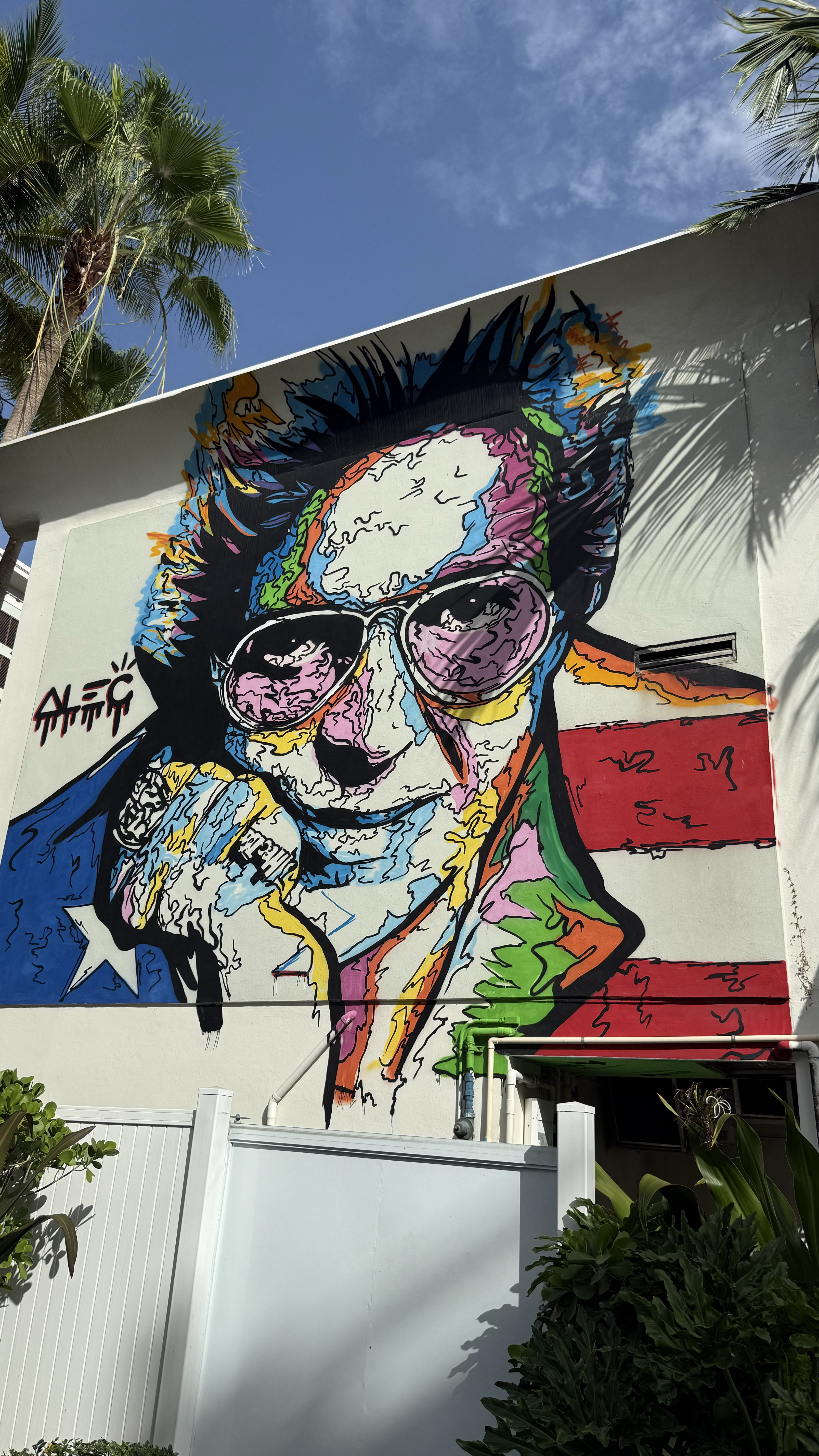 Griffin-Quick is a performing artist himself and he knows how important this work is. He advocates for more artist residency opportunities in New Jersey as a safe space for artists to grow and create. He was first introduced to the field of artist residences when he began working with ArtYard in 2021, focusing on creating a residency program for theater artists. This experience encouraged him to continue in the field, moving on in 2023 to work with other artist residencies.
Griffin-Quick is a performing artist himself and he knows how important this work is. He advocates for more artist residency opportunities in New Jersey as a safe space for artists to grow and create. He was first introduced to the field of artist residences when he began working with ArtYard in 2021, focusing on creating a residency program for theater artists. This experience encouraged him to continue in the field, moving on in 2023 to work with other artist residencies.
“I think there are a lot of great models of artist residencies, whether it be the retreat style model, whether it’s a research model or a cohort-based model. And so I think artist residencies are so essential when we think about how to better serve individual artists because they provide time, space, and resources to artists to advance their creativity. Sometimes there are opportunities for them to travel, opportunities to spend time strategizing and working with either other curators, artists or community members to consider their artistic practice. I think artist residencies provide opportunities for artists to advance their work and I think there is a major need for more of them in New Jersey. We have very few in New Jersey.”
There is much to be said about bolstering support and opportunities for artists in the state. It is a topic that cannot possibly be contained in a brief article however, connecting with arts agencies and partnering with other artists to keep informed will serve as a critical lifeline.

